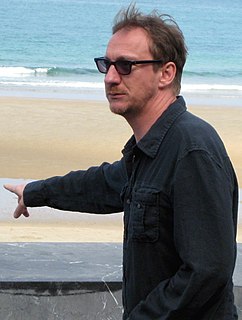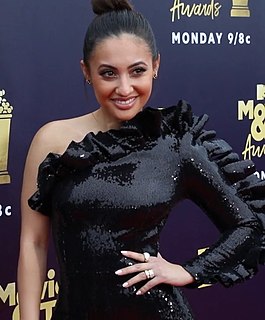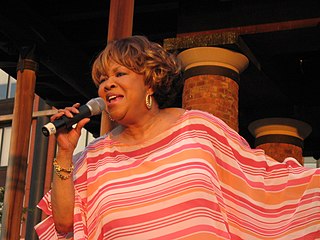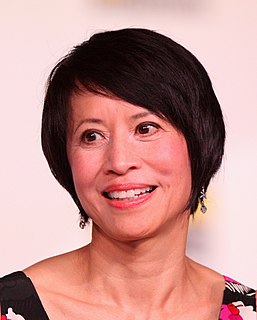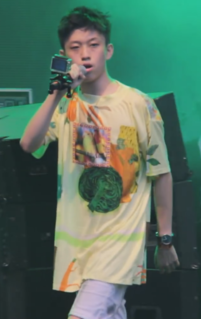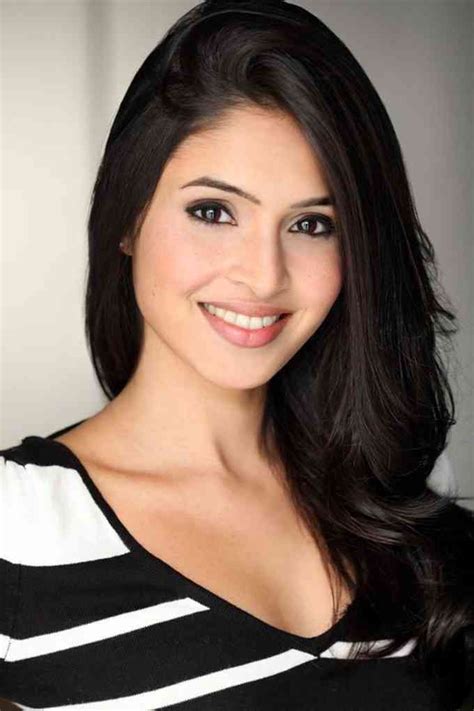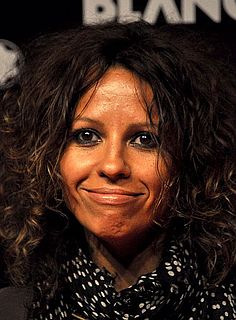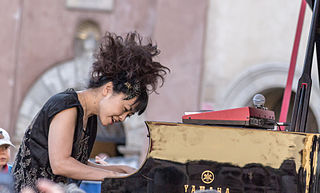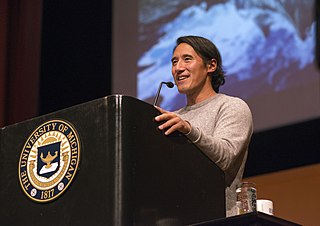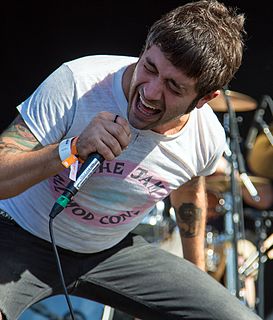A Quote by Mitski
I discovered I was an Asian American when I arrived in the U.S. I didn't identify as that before I came here. People started calling me that, and I started being treated in a specific way.
Related Quotes
We discovered this halfway through the process. When we started making the film there were some lines of dialogue in Portuguese, but we then changed our minds. The film started from very specific issues in the world, in particular Latin America, but halfway through the journey we felt the necessity to have more universal ideas that were not so specific.
Does people not asking me about Asian American literature mean they don't see it as its own literary tradition? I certainly believe in it as its own literary tradition, because your race plays a great factor in how you are seen by the world, and how you see the world; the fact that I'm an Asian American isn't incidental to who I am as a writer. Where it becomes difficult is defining what, if anything identifiable at all, makes an Asian American book an Asian American book, other than the fact of its creator being Asian. And I'd argue that there is nothing identifiable beyond that.
We were discovered by Don Fury; he was the first record producer who discovered us and essentially plucked us out of the rough. But I think in another way, we were discovered when we discovered each other, right before we started high school. We were 12 and 13. I don't want to speak for Justin Beck, but that's a big moment, linking up with your foil for the first time. Glassjaw definitely changed my life in the biggest way possible.

